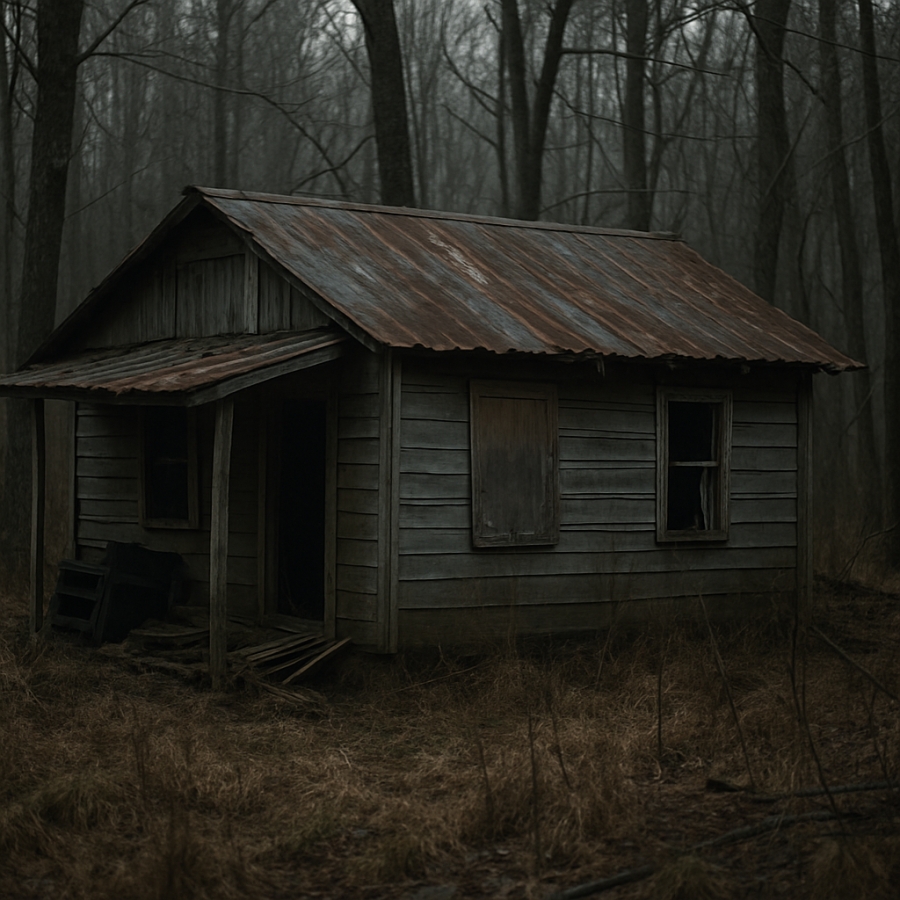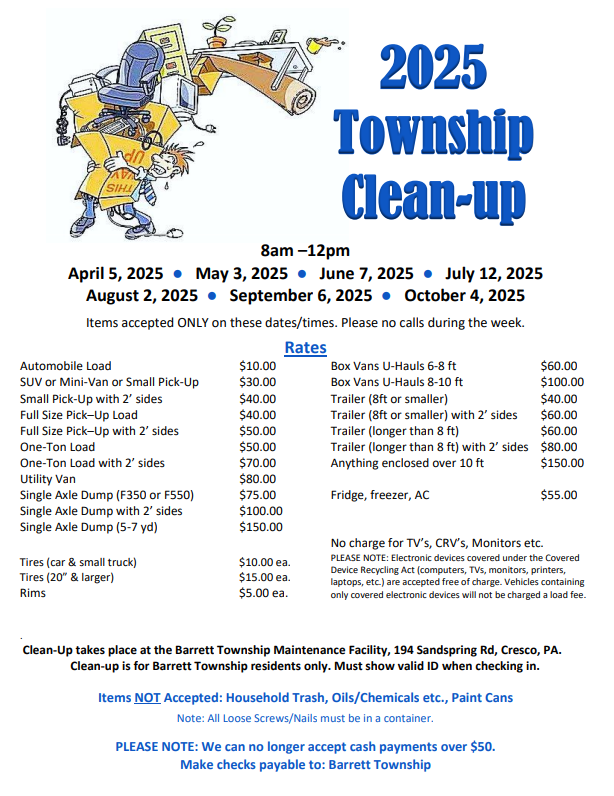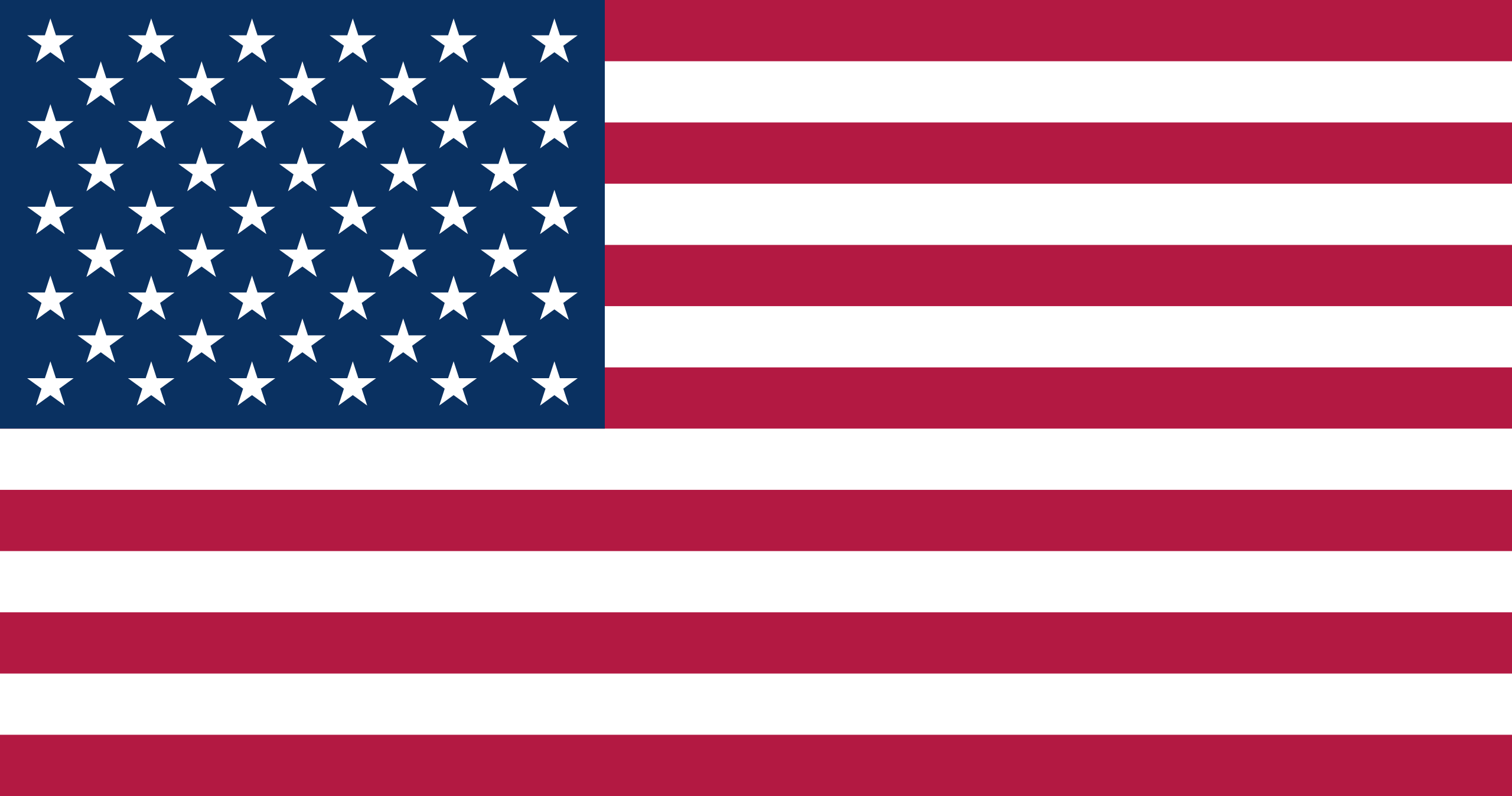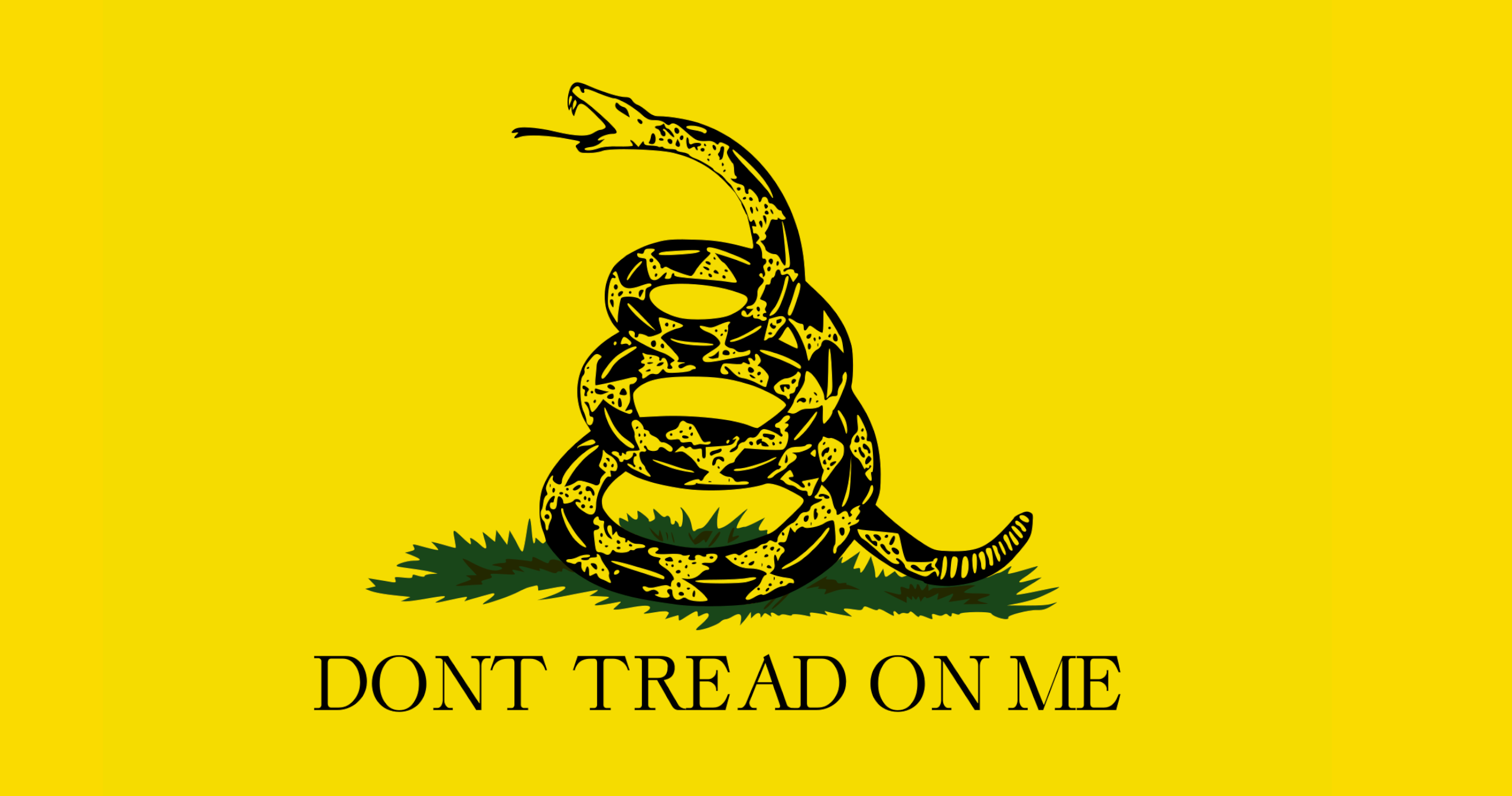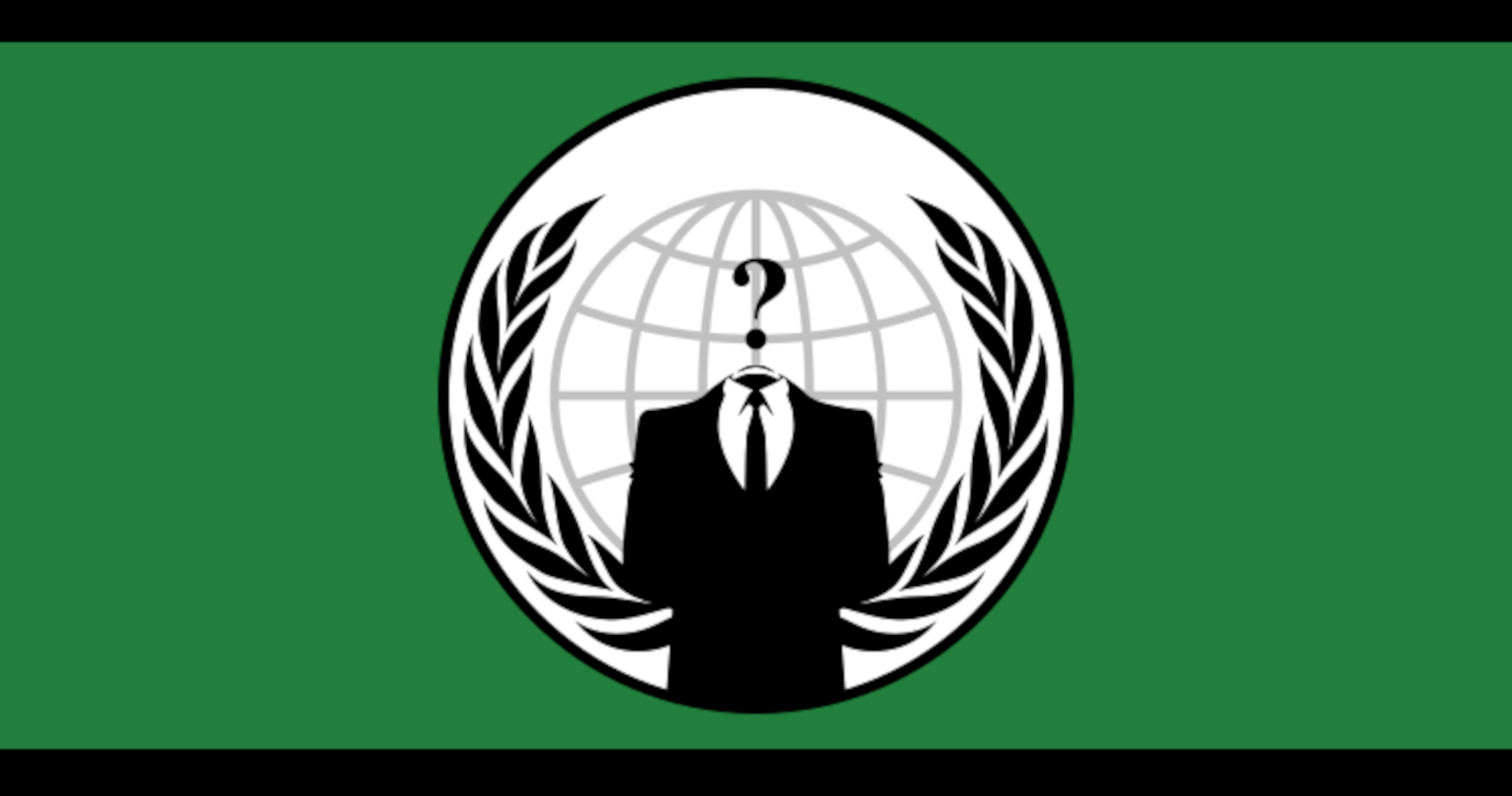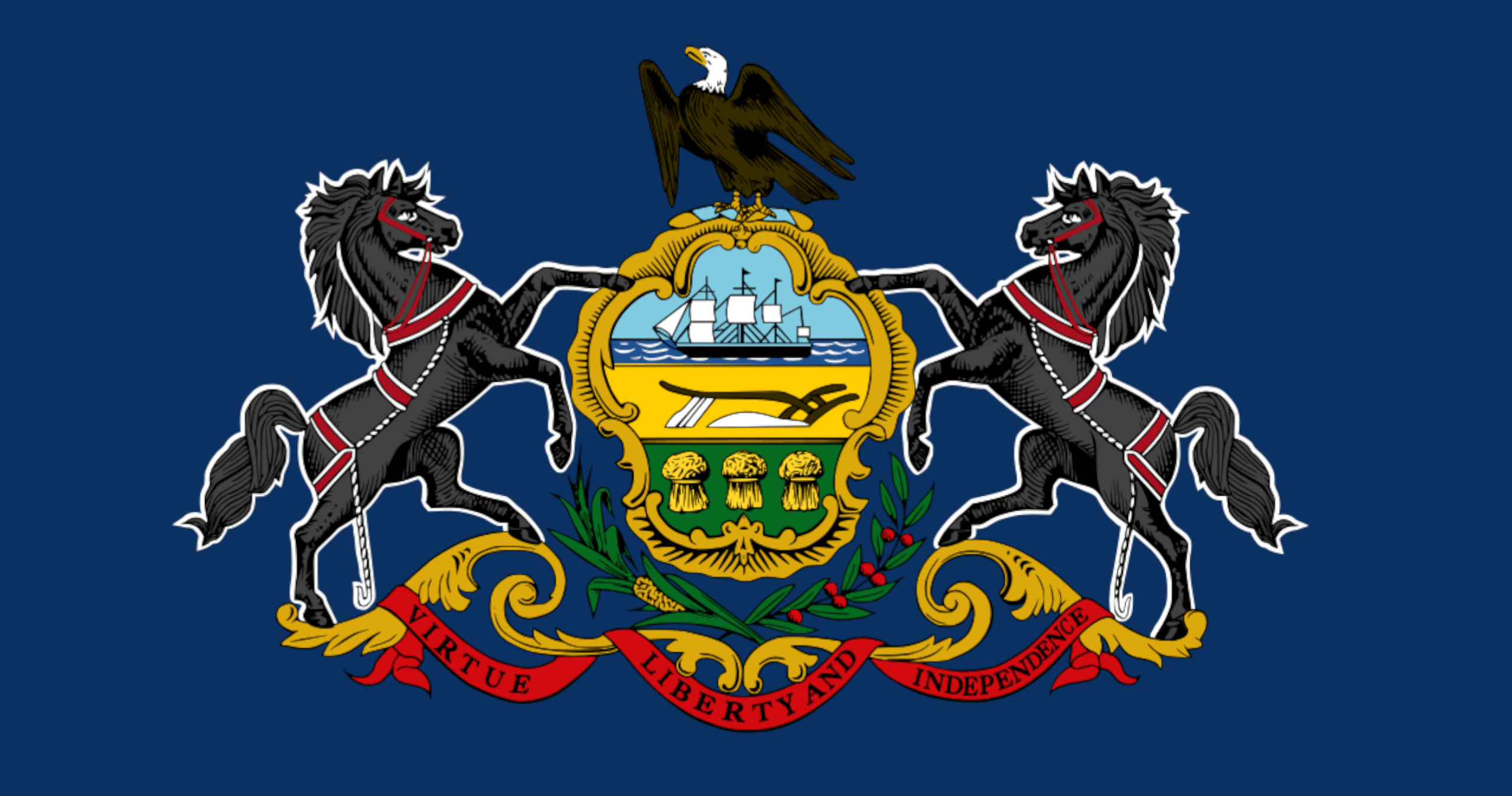Updating the Code
The township is in the process of updating its adoption of the International Property Maintenance Code, which governs minimum property standards for safety and appearance.
Five Proposed Ordinances
- Fines for Visible Blight This ordinance would establish a system of fines for visible signs of property neglect—such as deteriorating paint, broken windows, overgrown lawns, or other issues that reduce neighborhood appeal and value.
- Vacant Property Registration Similar to a system in Stroud Township, Barrett would require vacant property owners to register with the township, pay inspection fees, and provide up-to-date contact information. Officials say this would help maintain an inventory of empty buildings and hold absentee owners—especially LLCs—accountable.
- The Ability to Attach Assets This ordinance would allow the township to go beyond the property itself and legally "attach" or seize other assets owned by non-compliant property holders. Officials described this as a strategic tool for dealing with shell companies or LLCs that try to evade responsibility.
- Act 135 Conservatorship Under Pennsylvania’s Act 135, the township could petition the Court of Common Pleas to appoint a conservator to take control of a severely blighted property. The conservator does not own the property but can make improvements and recover costs through a lien. This process was previously used in Stroud Township to take action on the abandoned Penn Hills Resort, once a popular Poconos honeymoon destination.
- Redevelopment Authority and Eminent Domain A proposed ordinance would establish a redevelopment authority with the power to acquire neglected properties through eminent domain, opening doors for revitalization projects. Officials emphasized this would be a last resort due to the legal complexity and cost involved.
Targeting the Shell Game
Township officials say the driving force behind these ordinances is a growing trend of anonymous shell LLCs buying up properties and letting them deteriorate. Many of these companies are based out of town—or out of state—and obscure their ownership through layers of corporate registration.
A key issue: when a blighted property is purchased, state rules give the owner 18 months to either fix it up or sell. Rather than taking responsibility, officials say these LLCs often transfer the deed to yet another shell company—essentially just passing the problem along. The cycle continues with no improvements being made, leaving neighborhoods stuck with worsening blight and no clear accountability.
Assistance for Homeowners
To ensure that enforcement doesn’t unfairly burden those struggling financially, one ordinance would create a fund to help low-income homeowners with basic exterior repairs—like painting or siding—to bring properties into compliance. This program would be supported by the Barrett Economic Development Corporation, a local 501(c)(3) nonprofit.
Partnerships and Enforcement
Enforcement would be handled through a combination of third-party zoning services, the regional police force, and support from partners like the Community Foundation of Monroe County, United Way, PMEDC, and the Housing & Economic Development Division.
The ordinances are being drafted by the Barley Snyder law firm in coordination with Karl Weiler. Meanwhile, marketing consultant Karl Stearns is managing the township’s newly launched official newsletter to help keep residents informed about these initiatives.
Notable Examples
The former Penn Hills Resort in Stroud Township served as a cautionary tale during the meeting. Once a bustling honeymoon destination, the property fell into extreme disrepair. Stroud used Act 135 to gain control of the property through a court-appointed conservator—a complex and costly process, but one that eventually led to action after years of inaction.
Closer to home, the Pocono Playhouse property in Barrett Township was highlighted as a missed opportunity. The township paid to clean up the blighted site, which was then sold at a Sheriff’s Sale. However, because Barrett lacked the legal mechanisms these new ordinances aim to establish, the township was unable to recoup the costs of the cleanup. Officials cited this as a prime example of why stronger enforcement tools are needed.

